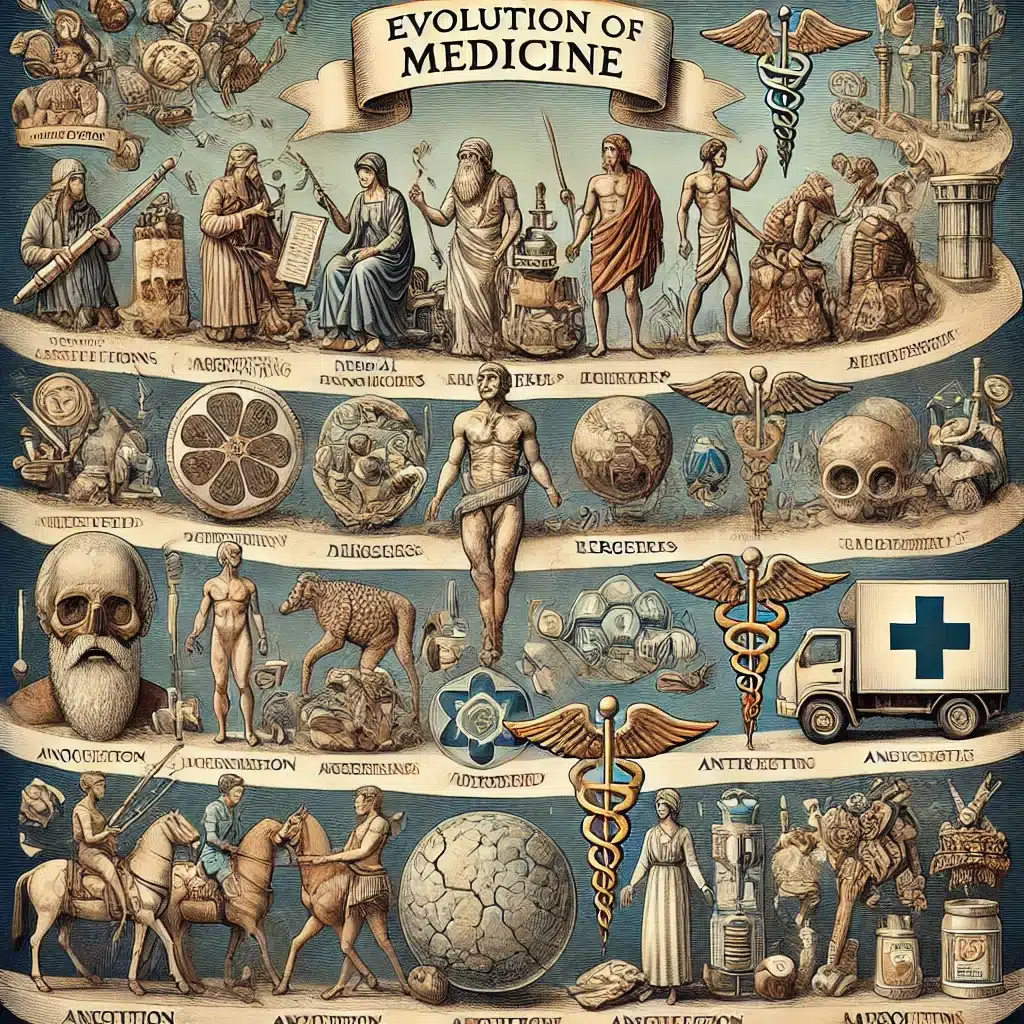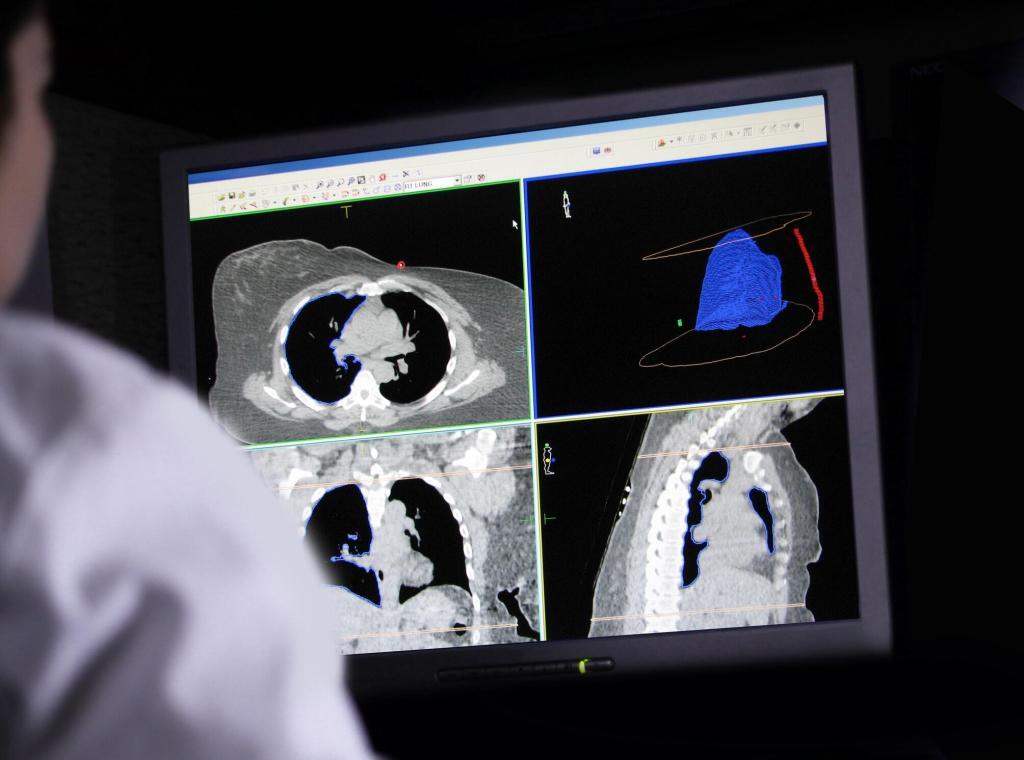Summary: Genomic research is transforming our understanding of human biology and disease mechanisms, paving the way for precision medicine. By uncovering the intricacies of our genetic code, researchers are developing personalised treatments for genetic disorders, cancers, and other conditions. This article explores the breakthroughs in genomic research, their implications for healthcare, and the anticipated trends that will shape the field by 2025.
Keywords: Genomic Research; Precision Medicine; Genetic Disorders; Cancer Genomics; Personalised Healthcare; Genetic Data.
Introduction Genomics
The field of genomic research has witnessed remarkable advancements over the past few decades, transforming our understanding of the human genome. From mapping the entire human genome to identifying specific genes linked to diseases, genomic research is unlocking new frontiers in biology and medicine. By 2025, the integration of genomic data into healthcare systems is expected to redefine the way diseases are diagnosed, treated, and prevented. This article looks into the progress, challenges, and future of genomic research, with a focus on its potential to revolutionise personalised medicine.
The Evolution of Genomic Research
The Human Genome Project: Launched in 1990 and completed in 2003, the Human Genome Project (HGP) was a monumental milestone in science. It provided the first comprehensive map of the human genome, identifying approximately 20,000-25,000 genes. The project’s success laid the foundation for subsequent genomic research and ushered in the era of precision medicine.
Next-Generation Sequencing (NGS): Advances in sequencing technologies, particularly NGS, have made it faster and more affordable to analyse genetic data. Today, whole-genome sequencing can be completed in hours at a fraction of the cost compared to a decade ago. This technological leap has enabled researchers to study genetic variations and their links to diseases with unprecedented detail.
Functional Genomics: Functional genomics focuses on understanding the roles and interactions of genes. Techniques such as CRISPR-Cas9 gene editing and transcriptomics are being employed to explore gene functions, offering insights into disease mechanisms and potential therapeutic targets.
Genomic Insights into Diseases
Understanding Genetic Disorders: Genomic research has identified the genetic basis of numerous inherited conditions, such as cystic fibrosis, Huntington’s disease, and sickle cell anaemia. By pinpointing disease-causing mutations, researchers are developing targeted therapies to address these disorders.
Cancer Genomics: Cancer is fundamentally a genetic disease caused by mutations in DNA. Genomic research has led to the identification of oncogenes and tumour suppressor genes, such as BRCA1 and BRCA2 in breast cancer. Comprehensive cancer genome studies are enabling the development of personalised treatments that target specific mutations within tumours.
Complex Diseases: Beyond single-gene disorders, genomic research is shedding light on complex diseases like diabetes, cardiovascular disease, and Alzheimer’s disease. These conditions involve interactions between multiple genes and environmental factors, making genomic data critical for understanding their aetiology.
Advances in Personalised Medicine
Tailored Treatments: Personalised medicine uses genetic information to tailor treatments to individual patients. For example, pharmacogenomics analyses how genetic variations affect drug metabolism, allowing clinicians to prescribe the most effective medications with minimal side effects.
Gene Therapy: Gene therapy is an emerging approach that involves correcting defective genes responsible for disease development. Recent successes, such as gene-editing treatments for inherited retinal diseases, highlight its potential to cure genetic disorders.
Predictive and Preventive Care: Genomic data can identify individuals at higher risk of developing certain conditions, enabling early interventions. For instance, genetic testing for BRCA mutations informs decisions on preventive measures, such as prophylactic surgery, for breast and ovarian cancer.
Ethical and Societal Considerations
Privacy and Data Security: The collection and storage of genetic data raise concerns about privacy and potential misuse. Robust regulations and ethical frameworks are essential to protect individuals’ genetic information.
Equity in Healthcare: The benefits of genomic research must be accessible to all, regardless of socioeconomic status. Addressing disparities in access to genetic testing and personalised treatments is crucial to ensure equitable healthcare outcomes.
Informed Consent: Patients must fully understand the implications of genetic testing, including potential psychological impacts and risks of genetic discrimination. Transparent communication between healthcare providers and patients is key.
Technological Innovations Driving Genomics
Artificial Intelligence (AI): AI and machine learning are revolutionising genomic research by analysing vast datasets to uncover patterns and predict disease risks. AI-powered tools are streamlining genome annotation and identifying novel drug targets.
Single-Cell Genomics: Single-cell sequencing techniques allow researchers to study gene expression at the cellular level, providing insights into cell-specific processes and heterogeneity within tissues.
CRISPR and Gene Editing: The CRISPR-Cas9 system has transformed genetic engineering by enabling precise editing of DNA. Its applications range from correcting genetic defects to developing innovative therapies for cancer and infectious diseases.
Anticipated Trends in Genomics by 2025
Integration into Routine Healthcare: By 2025, genomic testing is expected to become a standard part of clinical practice. This will facilitate earlier diagnosis, personalised treatment plans, and better management of chronic conditions.
Expansion of Biobanks: Large-scale biobanks containing genetic and health data from diverse populations will drive research into population-specific disease patterns and therapeutic responses.
Focus on Rare Diseases: Genomic research will prioritise understanding and treating rare diseases, many of which are caused by genetic mutations. This focus will provide hope for patients with previously untreatable conditions.
Advancements in Epigenomics: Epigenomic studies, which explore how environmental factors influence gene expression, will enhance our understanding of gene-environment interactions and their role in health and disease.
Collaboration and Open Science: Global collaborations and open-access data-sharing platforms will accelerate discoveries in genomic research, fostering innovation and transparency.
Conclusion
Genomic research is unlocking unprecedented insights into the human genome, transforming the landscape of healthcare. By leveraging genetic data, healthcare professionals can offer precise and personalised treatments, improving patient outcomes. The health trends anticipated for 2025 signal a shift towards more accessible, holistic, and technology-driven healthcare. With continued advancements in genomic research and its integration into clinical practice, we are on the brink of a new era in medicine that prioritises sustainable and improved well-being for all.
Disclaimer
The content provided in this article is for informational and educational purposes only. It reflects the current state of genomic research and related technologies as of the publication date (15 December 2024) and is not intended to substitute professional medical advice, diagnosis, or treatment. While efforts have been made to ensure the accuracy of the information presented, Open Medscience makes no guarantees regarding its completeness or reliability.
Readers should consult qualified healthcare professionals before making any medical decisions based on genetic information. References to specific technologies, treatments, or research developments do not constitute endorsements by Open Medscience. Additionally, genomic science is a rapidly evolving field, and future discoveries may alter the interpretations presented in this article.
Open Medscience assumes no responsibility for any actions taken based on the content herein. The views expressed are those of the original contributors and do not necessarily represent the position of Open Medscience or its editorial team.
home » blog » medicine »



